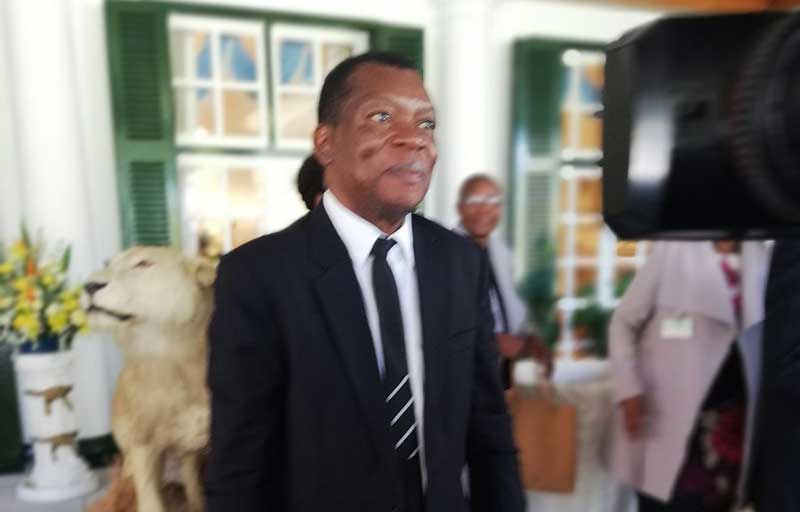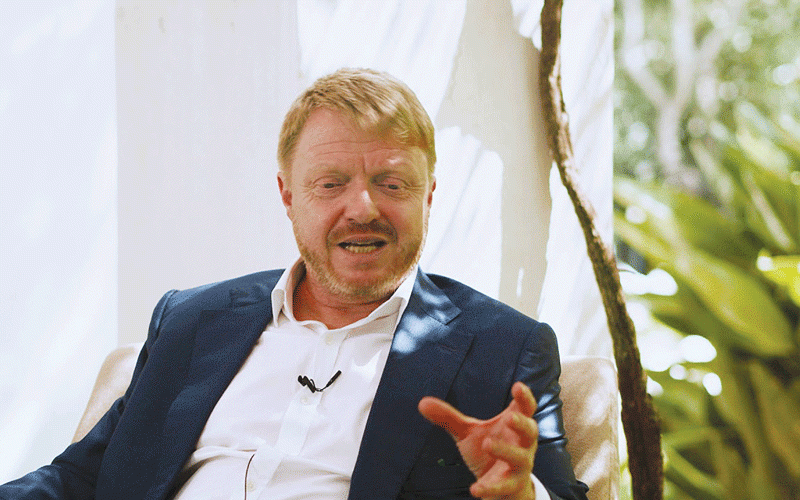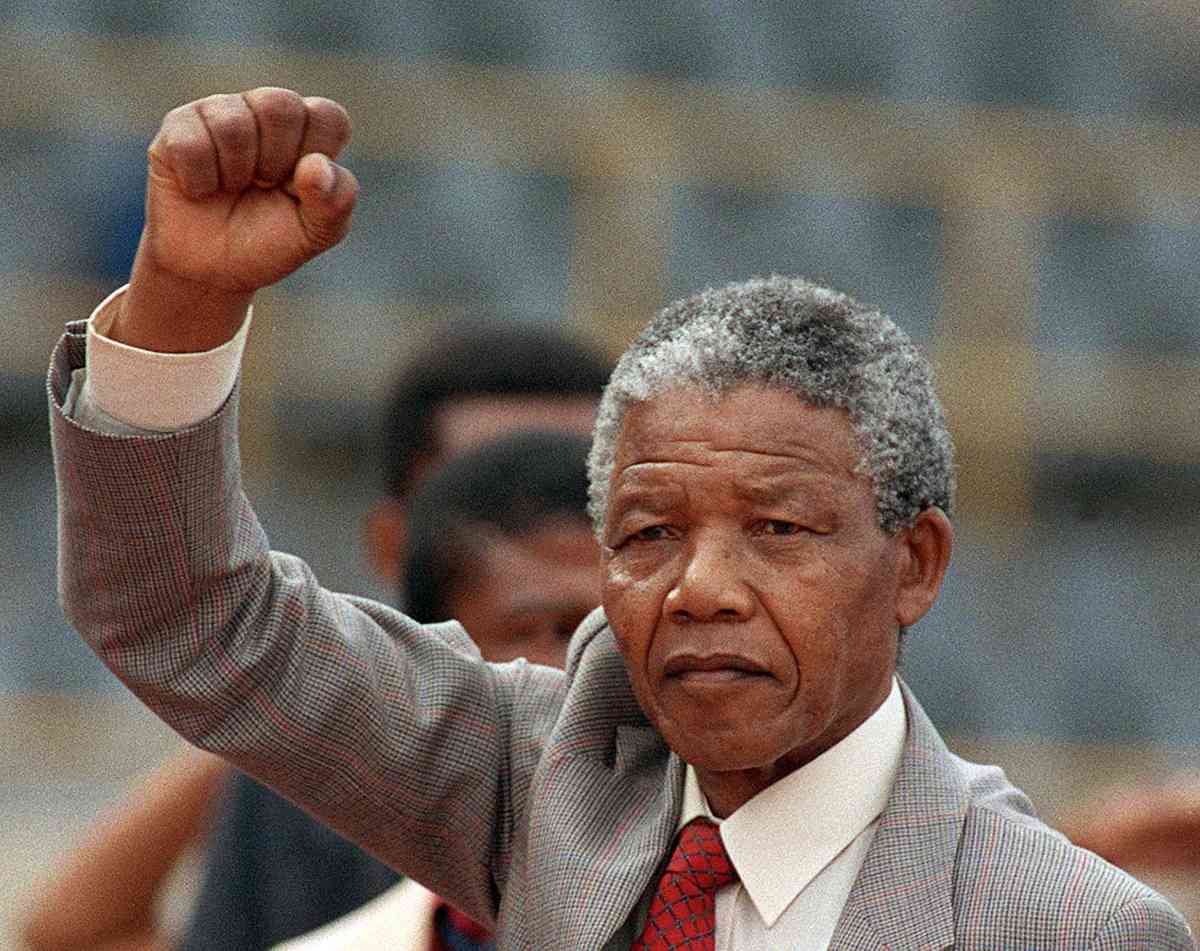
Editorial Comment
THE public admission by Prosecutor-General Kumbirai Hodzi that corrupt cartels have captured key government institutions including the police and judiciary demonstrates that as long as the fight against graft is not taken beyond lip service by critical stakeholders, we may as well be fighting a losing battle as a country.
The public looks up to the police and judiciary to stem out corruption, but if these, as well as the National Prosecuting Authority itself are compromised, then we are doomed.
There has been a lot of noise about the growing sophistication of cartels responsible for most of the high-level corruption. The fact that these cartels have been allowed to flourish is clear proof that President Emmerson Mnangagwa’s administration is not serious about fighting corruption, especially considering that those who have been linked to the cartels are deeply embedded in government and the ruling Zanu PF party.
Fuel mogul Billy Rautenbach, in particular, has not added much value to economic development through his Chisumbanje Green Fuels ethanol project, while having Sakunda boss Kudakwashe Tagwirei in sole control of the fuel pipeline has created an unhealthy monopoly that is bleeding the country dry.
What is frightening is the revelation that these cartels now cut across all public institutions including the media and legal professions. Quite clearly, graft will remain endemic as government has not shown a serious appetite to fight it, perhaps because many of its key principals are also feeding from its troughs.
Given Hodzi’s position, his revelations that the cartels are so well organised that they frustrate investigations into their corrupt deals should be a call for citizens to demand more accountability and transparency from government. With corruption having significantly contributed to the country’s economic malaise, these issues should be urgently attended to, otherwise government institutions will continue to lose public confidence.
Government cannot remain silent following these serious accusations as they are an indictment on its modus operandi. Unless serious, urgent action is taken, the situation will likely deteriorate to a stage whereby the country will become synonymous with corruption.
- Chamisa under fire over US$120K donation
- Mavhunga puts DeMbare into Chibuku quarterfinals
- Pension funds bet on Cabora Bassa oilfields
- Councils defy govt fire tender directive
Keep Reading
It is heartening that Hodzi promised that his authority will be prosecuting corruption in a very aggressive and robust manner, but our prayer is that he will get the necessary support from the relevant government institutions. Otherwise, he may end up fighting a lone battle that he would not be able to win.











